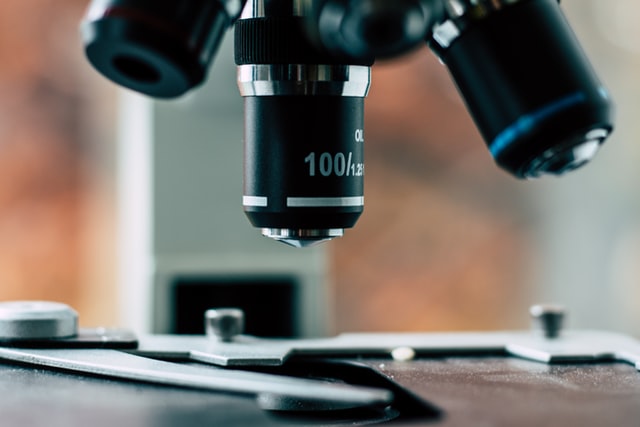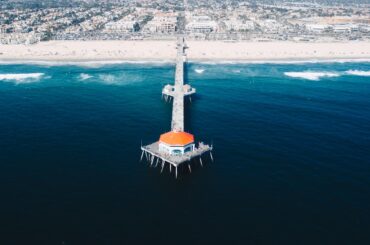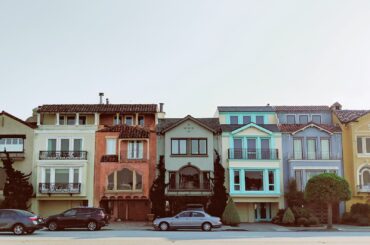A recent pipeline break released gallons of crude oil to the waters away from Huntington Beach. There was visible damage to wildlife immediately after the incident. The fact that fish and birds, covered in crude oil, started to appear on beaches in California signified the damage thereof.
Now, what about the deeper, less-easily-identifiable damage? Did the oil leakage that closed fisheries and beaches for days affect the smallest organisms crossing the ocean floor that make up the marine community? If so, what could the microbes reveal about the response of the wider ecosystem off the coast of California?
These are some questions that drive the study of the students of the University of California, Irvine, namely Melissa Brock and Joana Tavares. With other UC Irvine scientists, Brock and Tavares have long been analyzing the water from the ocean away from the Newport Beach Pier.
For an event on Earth Day at the beachside location, the scientists discussed the vision of their project related to the oil spill in Southern California. Brock and Tavares have been visiting the pier once per week as they put red buckets secured with ropes into the ocean. The water samples that they took would be processed at a laboratory.
With the help of experts from UC schools and UC Irvine, samples would be checked for different chemicals, whereas genomic sequencing would be done on the water-based bacteria.
Brock stated that there is a lack of understanding about the effect of oil spills on coastal California’s microbes. Brock added that no earlier study has not looked at the effect, and that their research is similar to a pilot study for checking how oil leakage affects the community.
The researchers wish to learn whether there are changes to the function and composition of microbial communities in reaction to the leaked oil. If the changes are there, they wish to learn how much time it will take the communities to come back to a state of being normal. A few microbes consume crude, so knowing the nature of the response to the organisms when the oil product is present in them could help with future leakage responses.
Adam Martiny of UC Irvine stated that crude is ideal food for several microbes and that they eat it up with pleasure. As for Martiny, it is important to learn how fast the microbes are capable of eating it and how soon it can transmit into locations where oil is unwanted.
Martiny added that the oil-degrading organisms consumed almost the whole crude following the Gulf of Mexico oil spill over ten years ago. Now, there are better laboratory tools for scientists as compared to that time. Martiny added that those tools could reveal much about the degradation of oil due to bacteria. Martiny stated that the aforesaid revelation could signify a few things about how to stimulate that environmental process.
Knowing how crude affects organisms such as phytoplankton can offer insights into effects on sea life at the top of the food chain.
Brock stated that if there is a big change at the bottom of the so-called food web, it would change the food sources of larger organisms. Brock also wondered how long would that change last and whether it would last long enough for the larger impacts. The scientists are exploring those and many other things about oil spill effects on sea life.
UCI researchers have been gathering a decade’s worth of research about the matter as well as taking samples to study those oceanic organisms. The research will aid the scientists in not only comparing their recent samples with future samples but also in hypothesis testing.
Tavares stated that the project would act as a plan for researchers in the future to study crude oil effects. Somebody else in another location who handles an oil leakage situation can take the steps and the protocols similar to what the UCI scientists have put together.
Brock said that the scientists should present preliminary information from their studies at the coming research symposium for the undergraduates of UCI.



